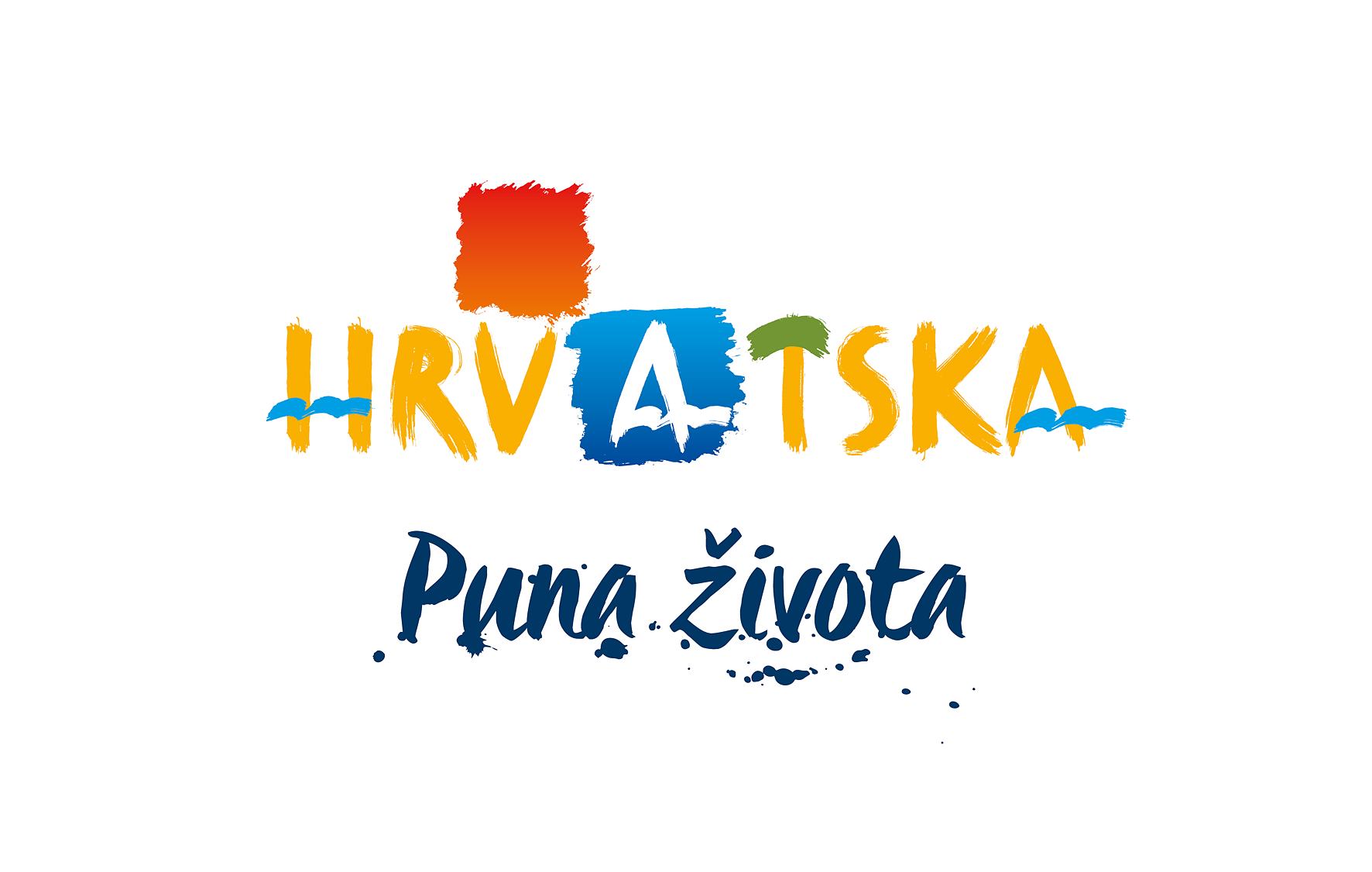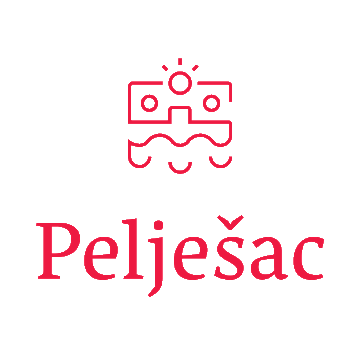| Currency |
|
As of 1 January 2023, the euro (EUR) will be the Croatian currency and the sole legal tender in Croatia, replacing the previous kuna. Banknotes are available in denominations of 5, 10, 20, 50, 100 and 200 euros, while coins of 1 and 2 euros and 1, 2, 5, 10, 20 and 50 cents are in use. There is also a 500 euro banknote in circulation, which was discontinued in 2019, but is still legal tender. In Croatia, you can easily exchange dollars, pounds or any other value into euros, considering that there are many exchange offices, especially in popular tourist destinations. The exchange rate of the euro against other world currencies is not fixed, but changes almost every day depending on the market conditions. You can check the official exchange rate every day on the website of the Croatian National Bank, but commercial banks and exchange offices have their own market exchange rate, which you must take into account when exchanging money. To avoid unwanted charges, verify the fees with your bank and card company before you travel. The legal tender in shops, restaurants and other commercial facilities is exclusively the euro, so guests coming from outside the euro area are advised to use debit or credit cards, contactless payment applications or pay in cash when other options are not available. In most cases, accepted payment methods are clearly highlighted in visible places in Croatia, so we recommend that you check those payment methods before making a purchase. |
| VAT and tax-free |
|
This tax is normally called simply PDV (VAT), and its rate for most goods and services amounts to 25%, although there are certain exceptions. This tax has been included in the retail prices of all goods and services, so tourists don’t have to worry about any unexpected additional, hidden taxes at the cash register. Travellers who do not have a permanent or habitual residence in the territory of the European Union and citizens of the European Union who permanently reside in countries which are not Member States of the European Union may, under certain conditions, be eligible for a VAT refund when passing through customs control at border crossings or at international airports or seaports.
In order to be eligible for this refund, you need to have a receipt for a spent amount of at least 100 euro, shop in establishments included in the tax refund system. In such establishments, you will find a sign saying that the establishment is “tax free”, which needs to be placed on the entrance or near the cash register (you can always check with the staff if you don’t see such a sign). You have to inform the cashier that you would like to get a tax refund, at which point you will have to fill out a form (PDV-P Form or Tax Free Form), and you will need to have your passport with you. You will need to validate the filled out form and receipt, as well as show the purchased goods, at the border crossing when exiting the country. You can find more details about this process on the following link. |
| Tipping |
|
A tip is a sign of respect and gratitude, and it is considered a nice tradition, but it isn’t “mandatory” as in certain other countries. In Croatia, there is no special fee for service, so prices listed in cafés, restaurants, hotels and other hospitality or accommodation establishments, are clear and final for the customer. This makes tipping a personal choice for the customer, based on their impression of received services and the engagement of staff. The tip is a bonus on top of income for staff, and it doesn’t form a large part of their salaries. |
| Credit & debit card payment |
|
All major credit card companies are represented in Croatia, and payment is possible with credit or debit cards, while the amount of retail outlets that accept payment by electronic means, such as Google Pay, is increasing every month. There are no additional or hidden costs for customers. Don’t worry if you should stumble upon an establishment that still does not accept card payment – ATMs can be found everywhere, especially in popular tourist destinations. |
| Costums info |
|
Croatia is a member of the European Union, meaning that Union citizens can travel to Croatia with no customs or tax restrictions when entering and exiting the country. Citizens of non-EU countries do not pay customs and VAT for personal luggage and items for personal use, as well as smaller gifts, of a reasonable value and amount, of course. Personal luggage is clothing, shoes, hygiene products, portable electronics for personal use, etc. Other, so-called non-commercial, goods are also exempt from any fees, and this includes items and goods meant as smaller gifts, i.e. goods whose value and amount indicates that they are not considered import or export for commercial reasons. There are certain limits, depending on the value of the goods or the manner of transport. For non-commercial goods in personal luggage, this means from 150.00 euro for passengers under 15 years of age, regardless of the manner of transport, and up to 430.00 euro per passenger in air and sea transport, or 300.00 euro in all other modes of transport. Detailed instructions and information can be found on the web-site of the Customs Administration at the Ministry of Finance of the Republic of Croatia (Customs Administration – Relief from duties and restrictions (carina.gov.hr)). |
 Turistička zajednica općine Ston
Turistička zajednica općine Ston







 Povećaj font
Povećaj font Smanji font
Smanji font Crno bijelo
Crno bijelo Visoki kontrast
Visoki kontrast Negativni kontrast
Negativni kontrast Svjetla pozadina
Svjetla pozadina Podcrtane poveznice
Podcrtane poveznice